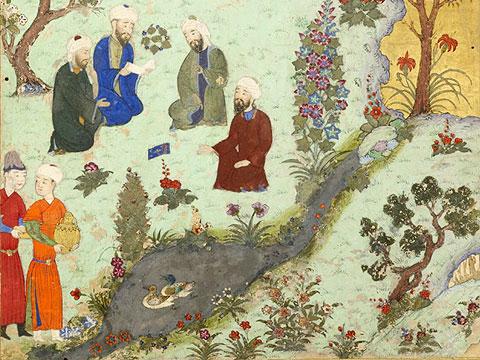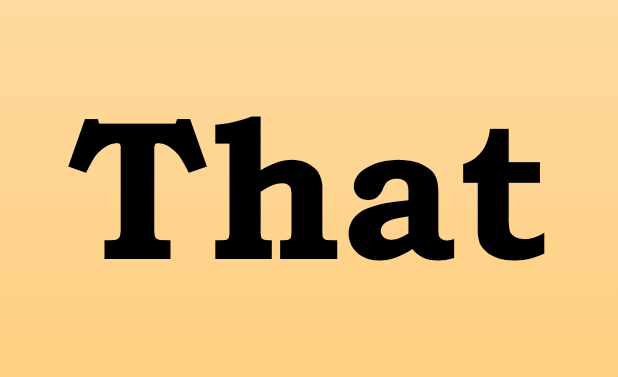

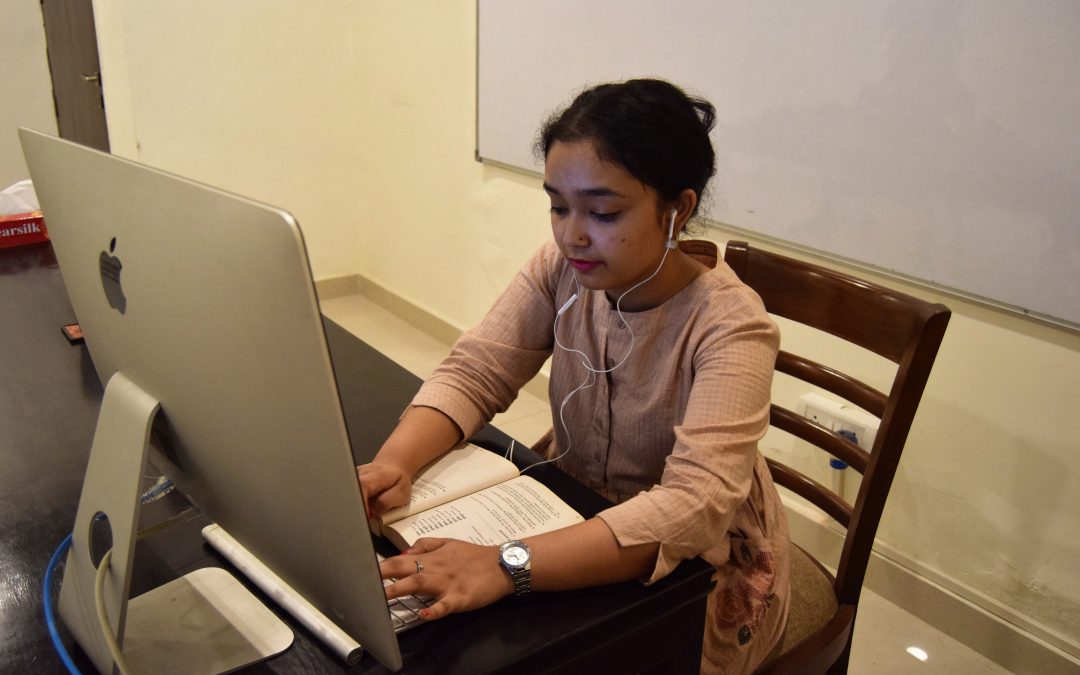
Why Zabaan
When I first enrolled as a student in Zabaan, the name suggested Urdu to me, all the way. I did not even think any other Indian languages were taught at Zabaan. I was astonished to find out much later that Urdu was only a small part of the offerings of this amazing school.
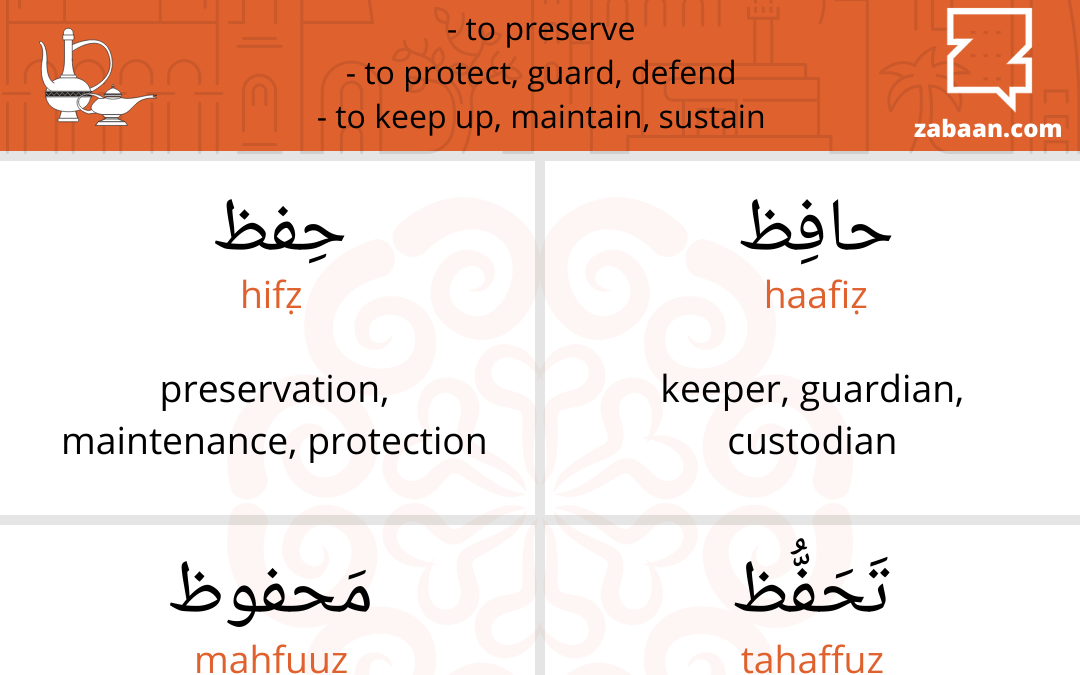
Haafiz–the one who protects
The trilateral root ‘ha-fi-za’ in Arabic means to protect, preserve, guard or sustain. Hifz is the noun form of the root and it means ‘preservation’ or ‘protection’. In Hindi/Urdu we also use hifaazat (protection, safety) which is a...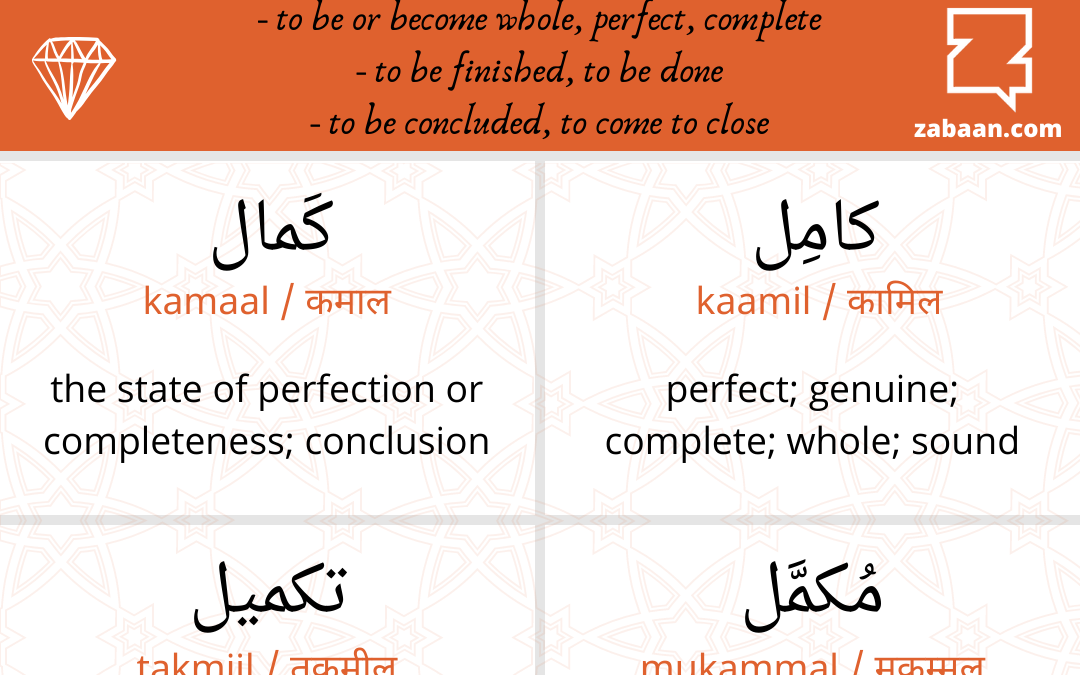
Kamaal–the State of Perfection
Ka-ma-la, the Arabic trilateral root for ‘perfection’. Most Hindi/Urdu speakers are familiar with this root from usages like kamaal ka meaning ‘excellent, wonderful’ and ‘kamaal hai!’ which means ‘Great!’ but more often...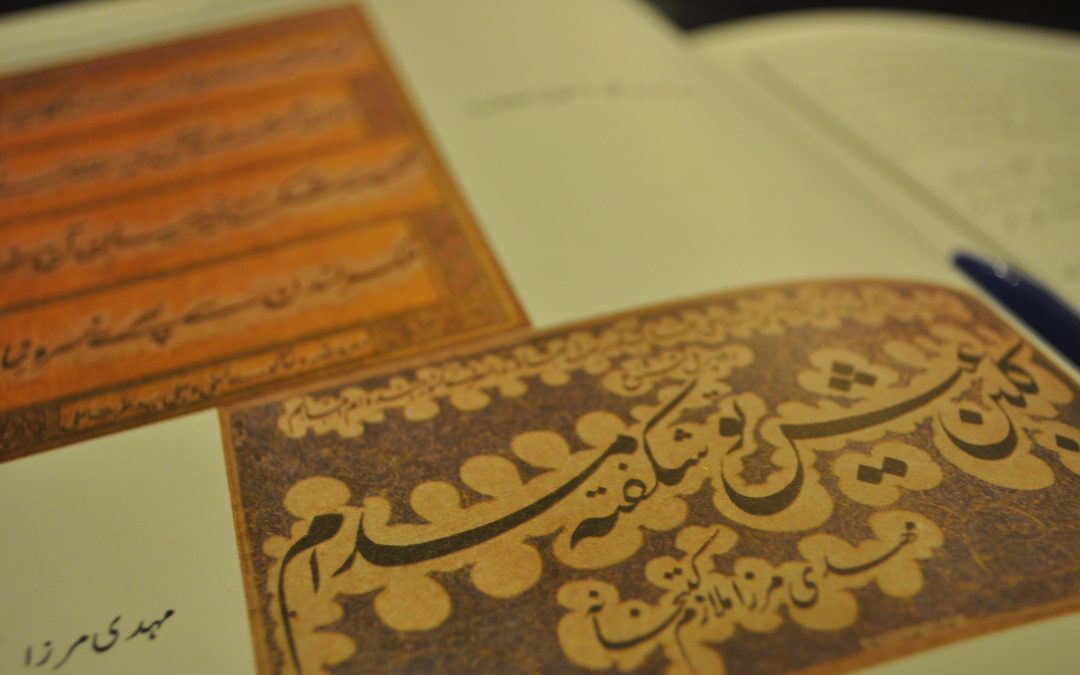
Urdu — The Maddening Language of Love
In this blog Rakesh Saraf talks about the challenges he faced while learning how to read and write Urdu. “Arabians learn Arabian with the speed of summer lightning. And the Hebrews learn it backwards, which is absolutely frightening.” I remember these...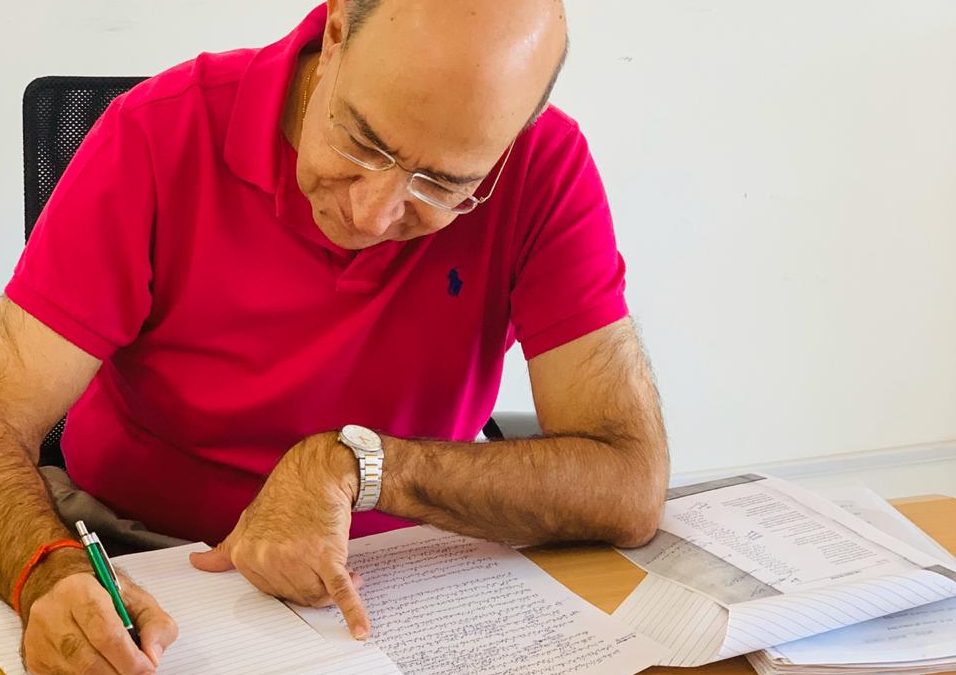
Learning — The Magic Potion
In this blog Rakesh Saraf talks about the benefits of continuing learning well into one’s silver years. I was 67 years old when I looked at my collection of old Urdu literature, with prints from the 1920s onwards, once again in despair. Was I going to the...
The Four Mahāvākya-s
The Upanishads are a repository of some of the finest and most intricate thoughts and sayings in the Indian philosophical and spiritual tradition. Of these, traditionally, four sayings (vākya), one from each of the Vedas, are said to sum up the essence of all the...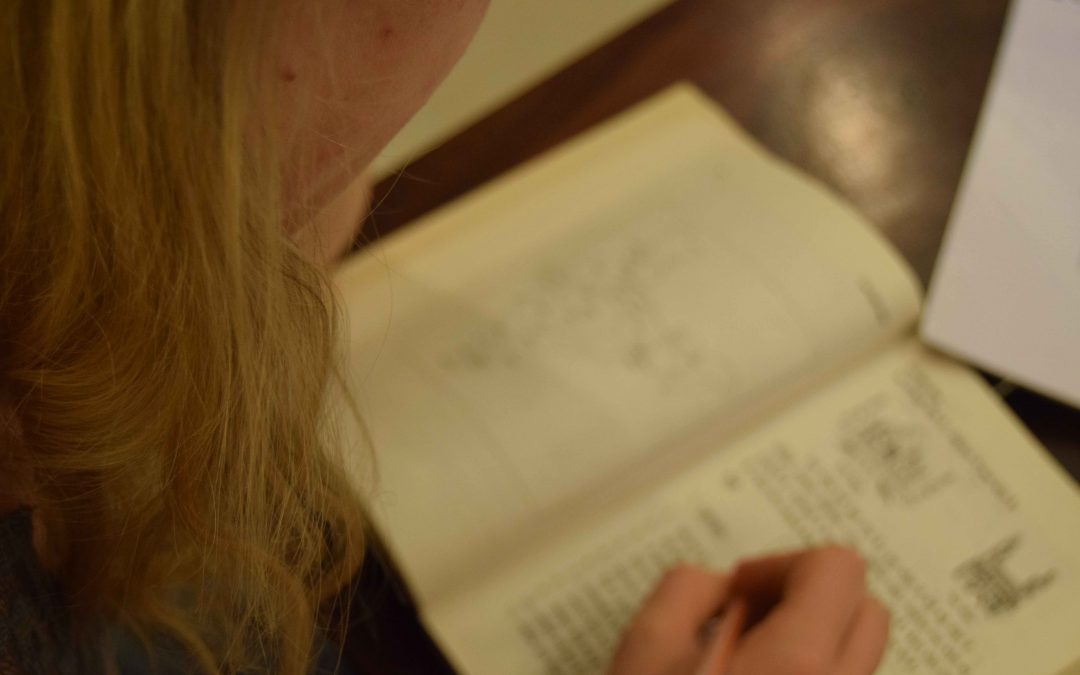
‘ज़बान’ की अहमियत
One of our student coordinators, Varsha, shares her thoughts about the importance of learning any language. रफ़्तार से दौड़ती यह ज़िंदगी और इस ज़िंदगी में ‘ज़बान’ की अहमियत बहुत कम लोग समझ पाते हैं । ज़बान ही तो है जो कभी नज़रों में उठा देती है और कभी नज़रों से गिरा...
Beautifully Broken: Understanding the Peculiarities of Bambaiyya Hindi
In this blog Srotoswini delves into the idiosyncracies of Hindi as spoken in Mumbai! “…ye saala men log, humesha humari vaat laga deta hai!, ” – a woman, complaining about her daily life at work. “…arey bantai, mai kabse idharich khada hai. Tereko time pe aane...